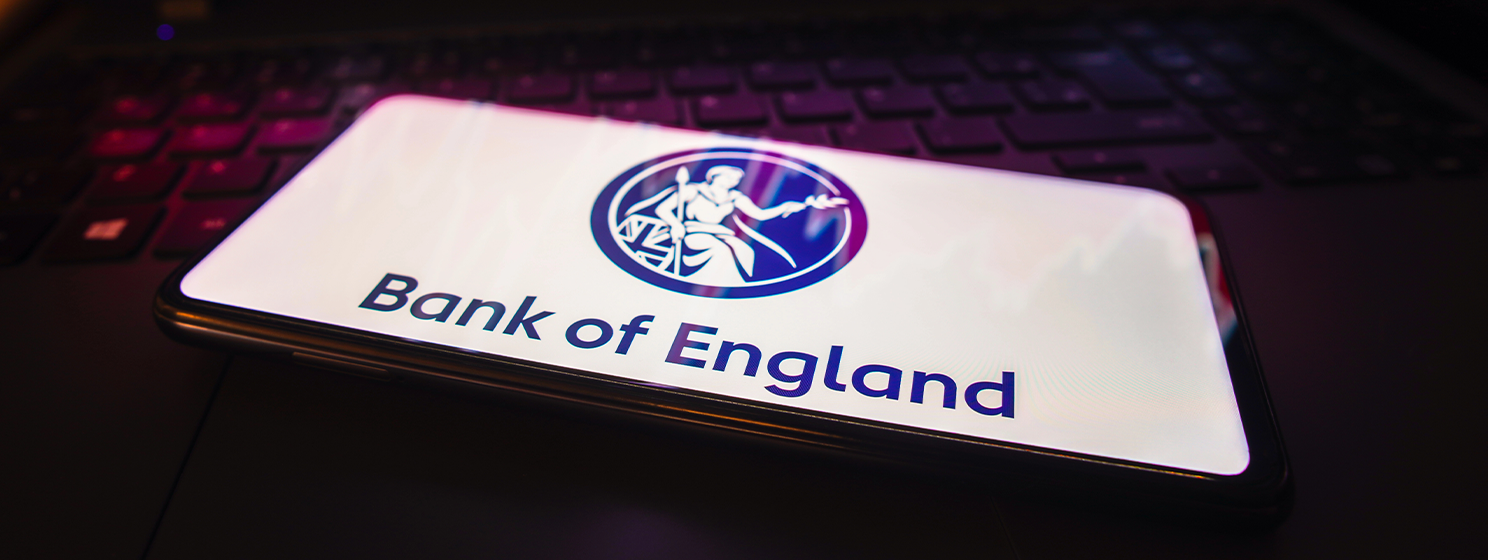|
Getting your Trinity Audio player ready...
|
This week marks the first anniversary of the Bitcoin Independence Day, and it’s been another productive week for the cryptocurrency space with activity and progress being shown across the globe. All of it is designed, in one way or another, to help stabilize the Bitcoin ecosystem and create an industry that is robust and mature. Looking back over the past couple of years, things have moved quickly toward achieving those goals.
Bitcoin was never meant to be used for illicit purposes, much the same way that currency wasn’t, either. Silk Road changed the view of crypto virtually from the onset, but it has been called out for what it truly is—a black market haven of criminal activity. A former trader on the platform agrees, acknowledging his role in using the platform to launder money. Hugh Brian Haney is now looking at as many as 30 years behind bars for his criminal activity.
China is considering a digital yuan and other countries are mulling over the idea of launching their own digital currencies. The wheels have been set in motion and there’s no turning back now, so one of Canada’s largest banks, the Royal Bank of Canada, is considering getting involved, as well. It is reportedly going to allow its customers to set up accounts for trading cryptocurrencies.
Facebook thought it had some real support from financial heavyweights as it was preparing to launch its Libra stablecoin. However, most, including Visa, Mastercard, Stripe and others, backed out at the last minute. Mastercard has now explained why, asserting that the proposed financial solution has zero financial solution integration in its platform.
The U.K.-based Revolut digital bank wants to go global. It has already built up substantial support for its banking apps, money management tools and forex capabilities in the U.K., so it’s time to take things to the next level and move into the U.S. and Japan. That will be facilitated through a funding round the company hopes will attract as much as $500 million.
The Binance exchange operated in China until 2017 when it fled the country following a crackdown on crypto activity. It apparently wants to get back in, now that China is moving toward its own digital currency, but is not finding much of a warm welcome. The company’s official Weibo account, as well as those of CEO Changpeng Zhao and CMO Yi He, was shut down for violating local laws. Zhao and He have had their accounts restored, but the official account is still blocked.
Messaging platform Kik is in trouble with the U.S. Securities and Exchange Commission (SEC), which asserts that its Kin digital token amounts to a security. Kik has tried to argue that the SEC cannot sue the company based on that claim because the U.S. securities laws are too vague. A judge charged with hearing the arguments has now disagreed with that assertion and the case will continue to move forward.
Yes, China wants a digital yuan. No, it isn’t ready to be released yet. The country’s central bank, the People’s Bank of China (PBoC), clarified that position this week, warning people to stay away from any entity claiming to be selling digital yuan. The “fraudulent” sales are nothing more than scams and the PBoC will make an official announcement when the digital currency is ready, which could still be a few years away.

 02-16-2026
02-16-2026 




